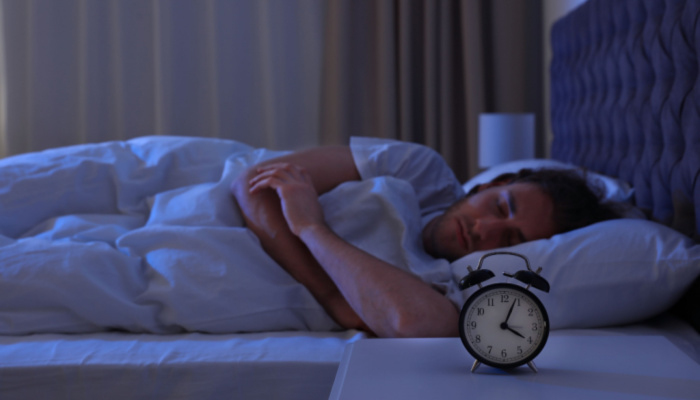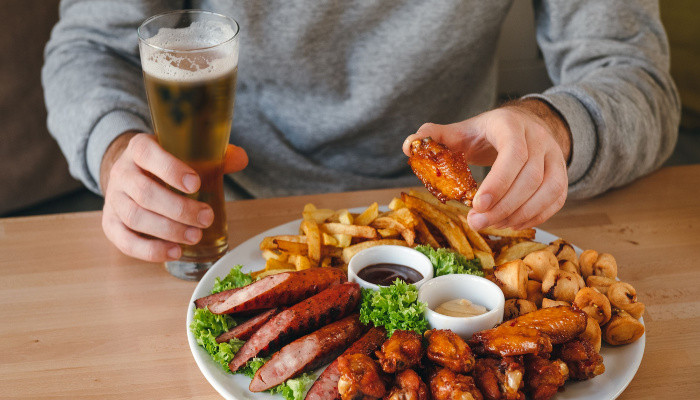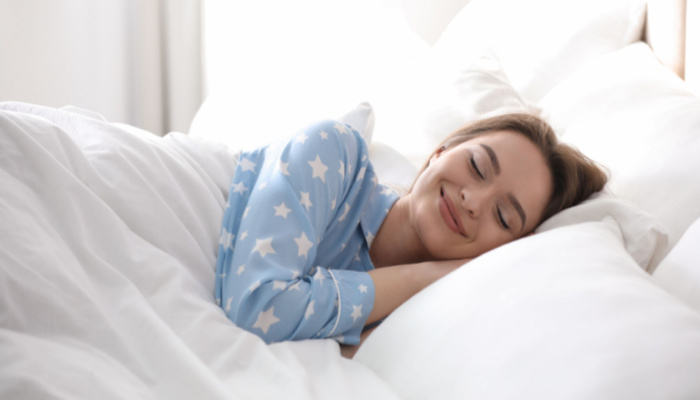Everyone wants to get a better sleep when they are anxious. But many don’t know how to deal with insomnia, which worsens as you start having more anxiety about sleep. People with anxiety were found to be 5 times more likely to experience lack of sleep or other sleep disorders, according to a study published in Psychiatry Research. Here are some tips that you can use to get better sleep and ease your mind a little bit more.
1. Keep Your Bedroom Dark
This reduces the amount of light traveling up into your brain, which means it will be harder for you to worry about anything else but getting proper rest.
2. Try To Get Outside for a Little Bit During the Day
This will help natural sunlight penetrate your brain and produce more of the happy hormone Serotonin – which will relax you, coax serotonin production and deepen sleep later that night.
3. Set a Sleep Schedule for Yourself, Even on Weekends

A sleep schedule will train your body and mind to understand that it is time to sleep. It’ll be easier to get off to sleep if you have a regular schedule.
4. Exercise During the Day, but Not Within Three Hours of Going to Bed
It’s better for you if you exercise, but not suitable before you go to bed because when your body is tired, it’s difficult for your brain to connect the signals that tell it what happens when you exercise and what happens when you go to sleep.
5. Don’t Drink Caffeine After 1:00 P.M
As for caffeine, it’s okay to have a cup of coffee or two in the morning. But if you’re having a second cup of coffee or tea, forget it. It will keep your body awake and won’t help your brain get to sleep when you have sleep anxiety.
6. Turn Off the TV and Other Stimulating Activities an Hour Before Bed
Your brain will be more inclined to think about things when trying to fall asleep, so try to make sure that you aren’t thinking about anything else but getting rest.
7. Avoid Large Meals, Spicy Foods, and Alcohol Right Before Bed

These will make it more difficult for you to fall asleep. It’s suggested that you have a small meal of about 600-700 calories about three hours before bedtime. This will automatically keep your blood levels steady and help keep you more relaxed.
8. Have a Warm Bubble Bath Before Bed
This can help to lower your heart rate and relieve tension that might otherwise be keeping you from sleeping.
Anxiety is often connected with sleeping issues. Excess worry and fear make it harder to fall asleep and stay asleep through the night. Sleep deprivation can worsen anxiety, creating a negative pattern both involving insomnia and anxiety disorders.
In conclusion, if you are experiencing difficulty with sleeping when you have anxiety, don’t hesitate to make an appointment with C&C by Dove for consulting and coaching services. We are here to help you get better soon.

